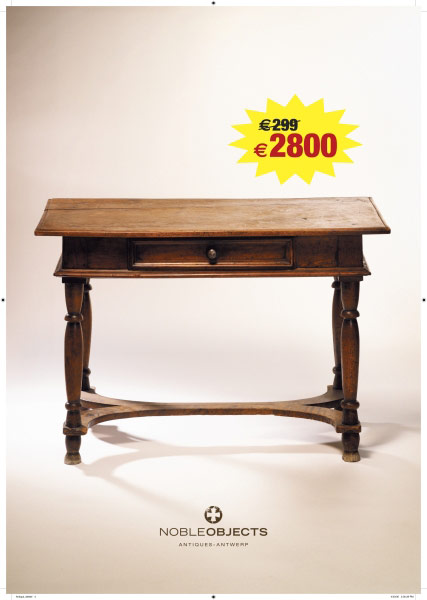

He’s often cruel and quite rude to the contestants,” Sinha said of the Cowell. To illustrate his point, Sinha referred to the infamous American Idol judge, Simon Cowell. In this new wave of marketing, advertisers are going out of their way to break away from being “politically correct.”

They opened too many flagship stores and the products started appearing in Costco, Dillard’s and Burlington Coat Factory, which diminished the brand’s credibility. Sinha sites the example of Tommy Hilfiger. “Customers now crave simplicity, authenticity and exclusivity.” “Less is more with present-day marketing,” Sinha said. “Just gear down the amount of offerings, and focus on the core offerings,” Sinha said.Īcross the globe, more and more “chef’s choice” restaurants are popping up.Ĭustomers come into the restaurant and eat whatever the chef prepared, without choosing from a menu. They offer too much choice, confusion and sales pressure, resulting in customers’ boredom, cynicism and irritation.

Traditional marketing campaigns are focused around customer orientation, Sinha said. “They don’t want to be told to ‘buy this product,’ so this provides a fresh approach.” “People are jaded and tired of constantly being told what to do,” Sinha said. Indrajit “Jay” Sinha, an associate marketing professor at The Fox School of Business, identifies and analyzes this new marketing trend in his new book, Reverse Psychology Marketing: The Death of Traditional Marketing and the Rise of the New “Pull” Game.Īfter studying marketing campaigns and trends for several years, Sinha and his co-author, Austrian marketing professor Thomas Foscht, discovered that effective campaigns go against what traditional marketing preaches.Īccording to Sinha, traditional marketing strategies are failing because people are no longer inspired by ‘over-marketing’ techniques. “Dove’s Campaign for Real Beauty.” “I hate Steven Singer.” These are just a few of the new “anti-marketing” campaigns running across the United States, bucking traditional marketing in favor of surprise, simplicity and exclusivity.


 0 kommentar(er)
0 kommentar(er)
